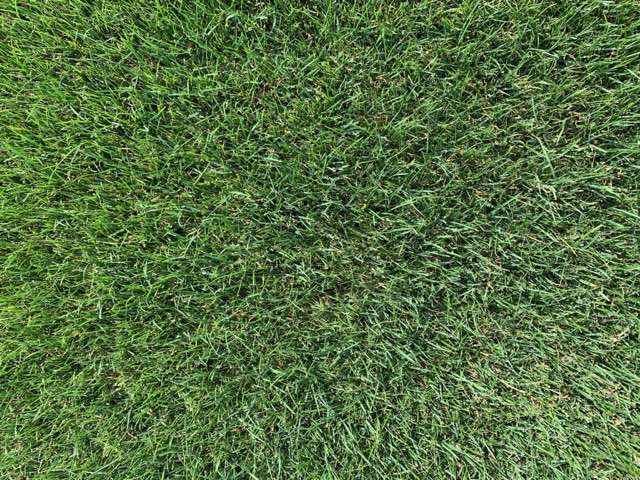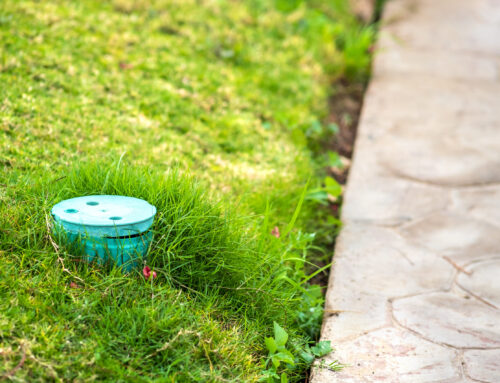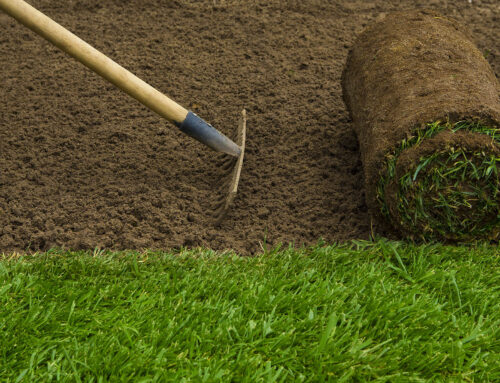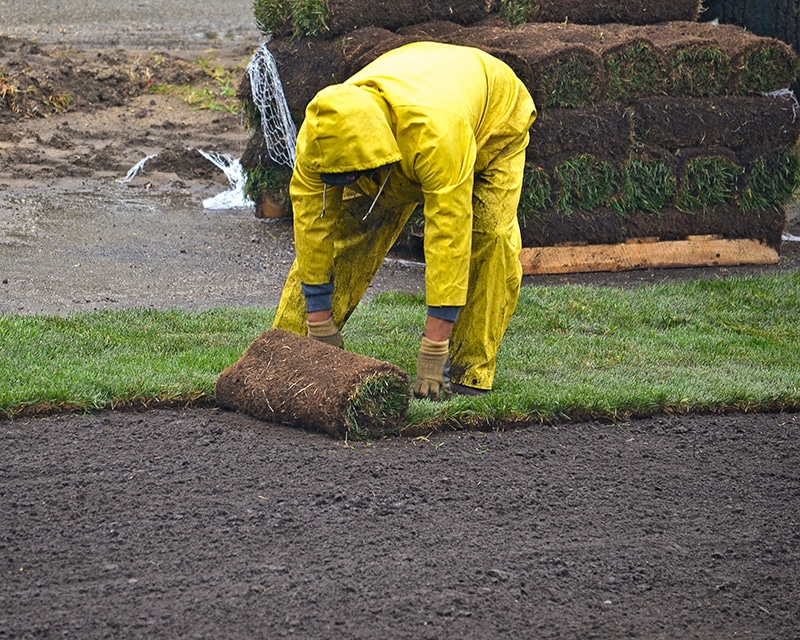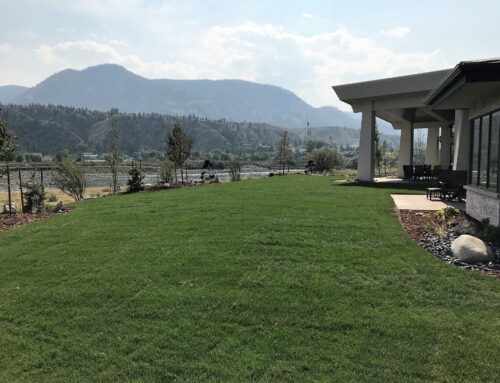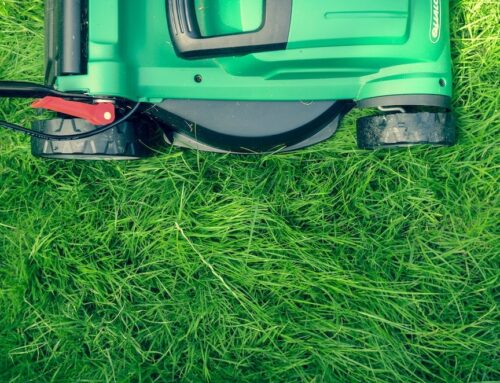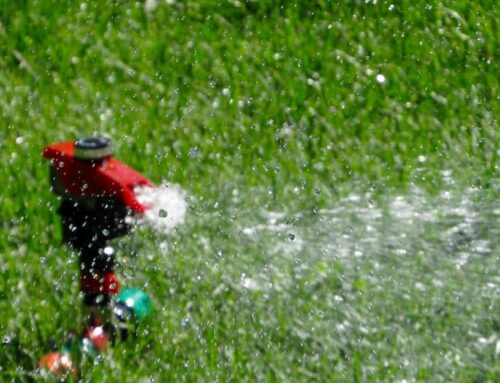Driveways can be problematic. When you move into a newly built home, you may have a gravel driveway, or possibly just a patch of dirt. Neither one is a terribly attractive option and snow, and rain can cause gravel to move around, creating ruts and sinkholes. Weeds can grow and cleaning or snowplowing is difficult.
This leads many homeowners to install an asphalt driveway, but they come with their own problems like cracking and the need to reseal them every 3 to 5 years. They can also soften on hot sunny days, becoming tarry. Although asphalt driveways look better than gravel, many would argue that they still fall short of being attractive and would prefer to have their lawn extend to cover their entire property.
Unfortunately, parking on a standard lawn is not a great choice. Driving on soft landscaping can damage infrastructure, in addition to the problem of creating ruts, as with gravel driveways. But there is an option that can help: a reinforced grass driveway.
What is a Reinforced Grass Driveway?
A reinforced grass driveway is perhaps the best of two worlds: it provides the support and traction that you need for your vehicles, but also creates a natural appearance that is not only attractive but also provides several other advantages for you and the environment.
This type of driveway consists of a durable grid upon which vehicles may park. It is a permeable paving system that allows for natural drainage into the ground, while also supporting the growth of grass by protecting the grass root system from vehicle tires. The grass will grow through the grid, concealing it and giving an appearance that matches the rest of your lawn. The pavers are extremely durable, able to endure tough environmental conditions and, of course, foot and vehicle traffic.
With a reinforced grass driveway, you get the beauty of a lush green lawn, but the durability and functionality of a driveway. This allows your driveway to blend into the landscape. For those who are concerned about the environment and looking for ways to reduce their carbon footprint, a reinforced grass driveway is one of the most environmentally friendly types of driveway available.
Because the driveway is grass like the rest of your lawn, it will require maintenance to keep it looking its best. Also, if the same area is driven over repeatedly, the grass may flatten, though the roots continue to be protected.
Advantages of Reinforced Grass Driveways
Installing a reinforced grass driveway has a number of benefits. Some of the main ones are:
Reduced Stormwater Runoff
Heavy rain produces runoff from roofs and driveways. This can be a problem because as the runoff flows into the streets, it brings with it pesticides, fertilizer, dirt, bacteria, and other pollutants, carrying it untreated through storm drains and ditches into streams, rivers, and ultimately, lakes and the ocean. By helping it soak into the earth, we reduce pollution and flooding, helping to protect our water sources.
Porous Pavers Keep the Driveway Cool
A black asphalt driveway soaks up the sun and radiates heat. Having a grass driveway helps to keep the temperature down and to reduce the urban heat island effect.
Environmentally Friendly
With many people concerned about the environment and actively seeking ways to minimize their impact, a grass driveway offers them one more option to do so. Improved stormwater infiltration can benefit the surrounding soil and being permeable, the driveway allows oxygen to reach down to the rooting zone.
Attractive
If nothing else, a reinforced grass driveway is simply more attractive than asphalt or gravel and adds to the curb appeal of your home. When the driveway is empty, it also makes a better play area for your kids and pets than the alternative.
Disadvantages of Reinforced Grass Driveways
Although reinforced grass driveways offer several benefits, they do also have some negatives that, while minor, are worth knowing about:
Weeds May Form
Logically enough, where grass grows, weeds may also appear. Your grass driveway will need your attention like the rest of your lawn.
Requires Mowing and Maintenance
If you aren’t fond of mowing your lawn, you may not be thrilled to add to the work.
May Have a Bumpy Surface
Your reinforced grass driveway may not be as smooth as an asphalt driveway, though for many this is a minor issue and it’s definitely smoother than the ruts that can form in gravel.
May Not Last As Long As Some Other Types of Driveway
While not as durable as concrete, brick, or asphalt, your reinforced grass driveway is still good for several years of use and it is comparatively easy to replace.
If you are looking for an attractive and functional alternative to the standard asphalt driveway and would like to help your neighbourhood go green, consider a reinforced grass driveway. For more information on all the benefits a grass driveway provides, contact Sod Crew today!

